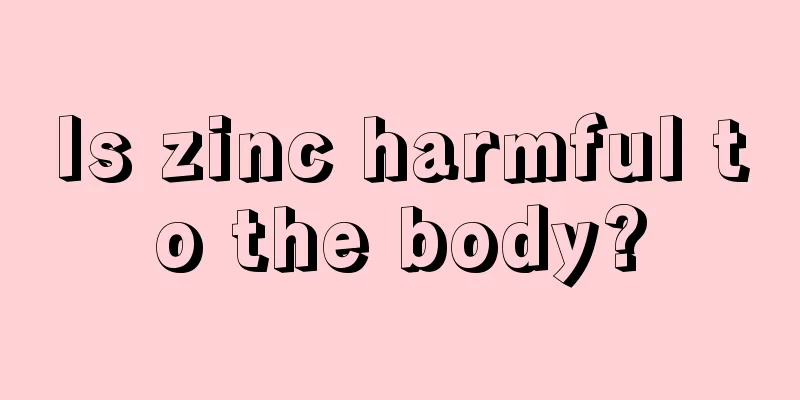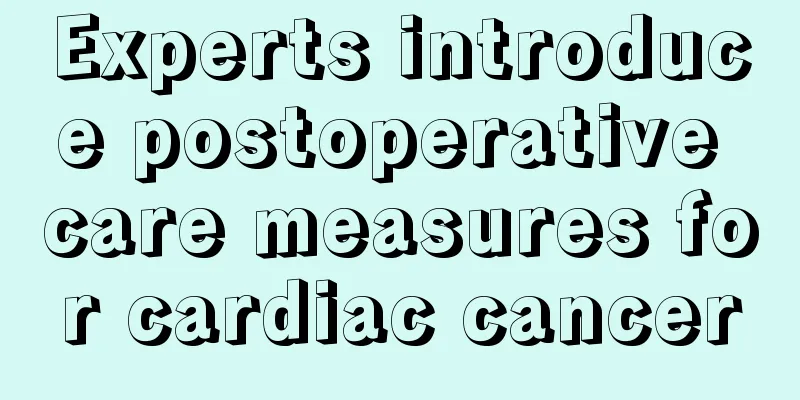Is zinc harmful to the body?

|
As our material living standards improve, people pay more and more attention to the supplement of body nutrition. How to maintain health and how to improve dietary structure have become issues that everyone is concerned about. We can usually see the words "trace elements" on TV, the Internet, or newspapers and magazines. I believe everyone is familiar with calcium, iron, zinc and selenium. Then everyone has a question, is the supplement of trace elements such as zinc harmful to the body? Let’s all learn about it together. Zinc is involved in the metabolism of nucleic acid proteins, can promote the normal development of skin, bones and sexual organs, and maintain digestive and metabolic activities. The specific functions include promoting human growth and development, maintaining normal appetite, enhancing human immunity, promoting the healing of wounds and trauma, affecting vitamin A metabolism and normal vision, and maintaining normal male spermatogenesis. When developing children lack zinc, they may suffer from anorexia, dwarfism, etc. Therefore, people call zinc the "element of life." The adult body contains about 2.3g of zinc, and the concentration of zinc in plasma is 10-20umol/L. Excessive zinc intake can cause poisoning. For example, excessive zinc intake can cause acute zinc poisoning, with gastrointestinal symptoms such as vomiting and diarrhea; inhalation of zinc mist in factories can cause low fever and cold-like symptoms; chronic zinc poisoning can cause symptoms such as anemia; animal experiments can cause damage to liver, kidney function and immunity. The paint on some children's toys contains zinc. Children like to put toys in their mouths, and frequent intake of too much zinc can cause poisoning. Zinc has low toxicity. The various pathological reactions caused by excessive zinc intake are mainly the consequences of the mutual antagonism between zinc and elements such as calcium, selenium, copper and iron. Generally speaking, if you eat a normal, comprehensive and balanced diet, your body will not be deficient in zinc. From the above introduction about zinc, a trace element necessary in the diet, we can understand that zinc is very important in our daily life. It plays an irreplaceable role in the absorption of nutrients, normal metabolism, and bone development and growth. However, we should also pay attention to the fact that excessive zinc will cause harm to the body, such as zinc poisoning, etc. This requires us to grasp a degree in the process of nutritional intake in order to better care for our health. |
<<: Can drinking vinegar cure diarrhea?
>>: What are the hazards of silver nitrate to human body
Recommend
What to use for compressed facial mask to remove acne
Compressed facial masks are easy to use and conve...
How to treat differentiated nasopharyngeal carcinoma? Are there any dietary taboos?
Our understanding of nasopharyngeal carcinoma is ...
How long can biological treatment for ovarian cancer last?
Clinically, ovarian cancer is one of the malignan...
What to do if you have a sore throat after chemotherapy
For patients with different types of cancer, alth...
To diagnose cervical cancer, you must actively participate in various cervical screenings
Cervical cancer often worsens during menstruation...
Causes of right eyelid spasm
In daily life, eyelid spasm refers to our eyelids...
Causes and treatments of sciatica in the left foot
In daily life, many patients suffer from sciatica...
Can patients with thyroid cancer eat oranges?
Patients with thyroid cancer can eat oranges, but...
What are the symptoms of lymphoma?
Lymphoma mainly manifests itself in the lymphatic...
The cause of cervical precancerous lesions. Can cervical precancerous lesions be treated?
If a woman's cervical cells are stimulated or...
What does urine protein +3 mean? How was it formed?
After undergoing a urine protein test, many patie...
Powerful thigh slimming
Many young girls wish to have a pair of long legs...
Why is pufferfish poisonous
Speaking of pufferfish, everyone will think of it...
Reasons for low muscle liver
Creatinine is a relatively important substance in...
What are the dangers of breast cancer
With the change of living environment, many women...









